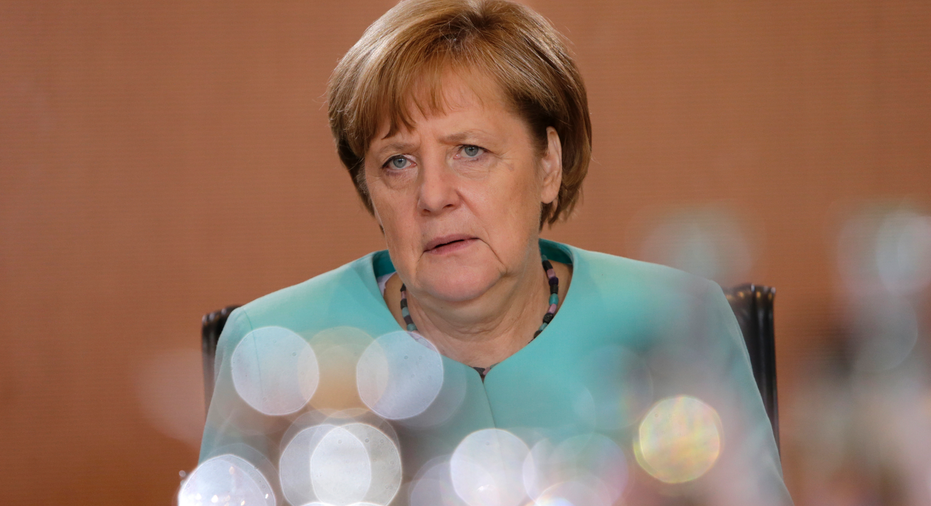Eurozone growth 'higher than previously thought'

LONDON – Economic growth across the 19-country eurozone was even higher than previously thought during June, according to a closely watched survey Wednesday, in yet more evidence of momentum in the single currency bloc.
Financial information firm IHS Markit said its main purchasing managers' index, which surveys both the manufacturing and services sectors, was at 56.3 points in June. Though that is slightly down on the previous month's 56.8, it's well ahead of the previous estimate of 55.7. Anything above 50 indicates expansion.
The average reading over the second quarter was 56.6, the best outcome since the first quarter of 2011. That, according to the firm, indicates healthy quarterly growth of 0.7 percent, which compares favorably with most of the past decade and with the current performance of peers like the United States.
Perhaps the most impressive aspect of the survey is that it's broad-based and not just isolated to Europe's biggest economy, Germany, which has borne the lion's share of the region's growth since the global financial crisis. And with new orders to companies rising, employment is improving.
"All four of the largest euro nations (Germany, France, Italy and Spain) are reporting faster growth in the second quarter as a whole, adding to the picture of an increasingly self-sustaining recovery amid rising domestic demand in the single currency area," said Chris Williamson, chief business economist at IHS Markit.
According to the monthly survey, which is one of the key indicators informing the interest rate decisions of the European Central Bank, the expansion was again led by the manufacturing sector, where production rose at its fastest tick since April 2011. And though the rate of growth in the services sector moderated, it was still among the strongest seen over the past six years.
Separately Wednesday, the Eurostat statistics agency reported that retail sales across the eurozone rose by a monthly 0.4 percent in May. Though that's still only modest, it does mean retail sales have risen for all five months this year. For a region that's spent the last few years taking two steps forward and one step back, that counts for something.
The mounting evidence of an economic revival in the eurozone suggests the ECB will at least start considering how to ease up on its stimulus measures. As well as slashing interest rates, including its main one to zero, the ECB has gone on a massive bond-buying spree in the hope of keeping a lid on interest rates in the markets.
However, too-low inflation has so far tempered any urge to move. The ECB, after all, is mandated to set inflation just below 2 percent and at last count, in the year to June, inflation was only 1.3 percent. If anything, Wednesday's survey from IHS Markit may work against any imminent tightening in monetary policy as average output prices — those charged by firms — rose at their slowest pace for five months in the wake of a recent dip in oil prices.



















